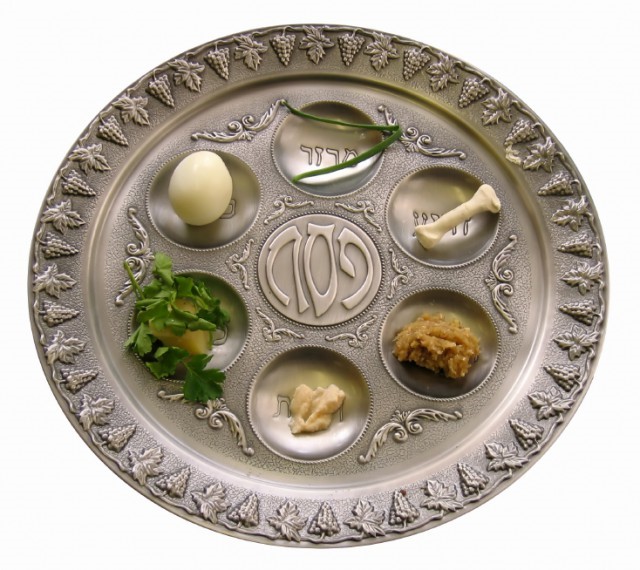
Trumbull, CT - Congregation Mishkan Israel in Trumbull (77 Mount Pleasant Drive) has called for volunteers to assemble food packages for distribution to the needy for the Jewish holidays of Passover March 27-April 4.
In a year corresponding to 5781 on the Hebrew calendar, the holidays celebrate the freedom of the ancient Israelites from bondage and also commemorate Jewish deliverance. Anyone who would like to volunteer can contact the congregation at mishkanisrael@aol.com.
With the easing of Covid-19 restrictions on religious assemblies, a stronger turnout for services is anticipated. Reservations are required for in-person Seders (Passover meals) at 8 p.m. March 27 (Saturday) and March 28 (Sunday).
Under the leadership of Rabbi Joseph Torenheim for more than three decades, Mishkan Israel serves the communities of Trumbull, Easton, Fairfield and Monroe, providing spiritual services, youth activities and a summer day camp for children.
The rabbi noted the Hebrew word for philanthropy and charity is “tzedakah,” a form of social justice where “donors benefit from volunteering and giving even more than the recipients.”
“As in the case of justice,” said Rabbi Torenheim, “the critical social responsibility is done ‘with’ someone not ‘to’ someone. In Hebrew, the word meaning ‘to give’ is ‘natan’ which can be read forward or backward. So when we think about volunteering and philanthropy ‘to give’ is also ‘to receive’ and at the same time to build a trusting relationship.”
Passover or “Pesach” is prescribed in the book of Exodus in the Old Testament (in Judaism, the first five books of Moses are called the Torah). The holiday incorporates themes of springtime, a Jewish homeland, family, remembrance of Jewish history, social justice and freedom—including recognizing those who are still being oppressed today. All of these aspects are discussed, if not symbolically represented, during the Seders. All leaven, whether in bread or other mixture, is prohibited and only unleavened bread, called matzo, may be eaten. The matzo symbolizes both the Hebrews’ suffering while in bondage and the haste with which they left Egypt in the course of the Exodus.